10 Amazing LDS Civil Rights Leaders You Need to Know
This article was coauthored by Travis Miller and Christopher Cunningham
Today citizens across the United States, celebrate Martin Luther King Jr. day. King is perhaps the most influential civil rights leader in history, so the celebration of his birthday is generally a day to celebrate civil rights around the world.
Since its beginnings, many members of The Church of Jesus Christ of Latter-day Saints have fought for civil rights of both themselves and others. Here are 10 notable Mormon civil rights leaders:
Paula Hawkins Fought for Child Victims of Sexual Abuse
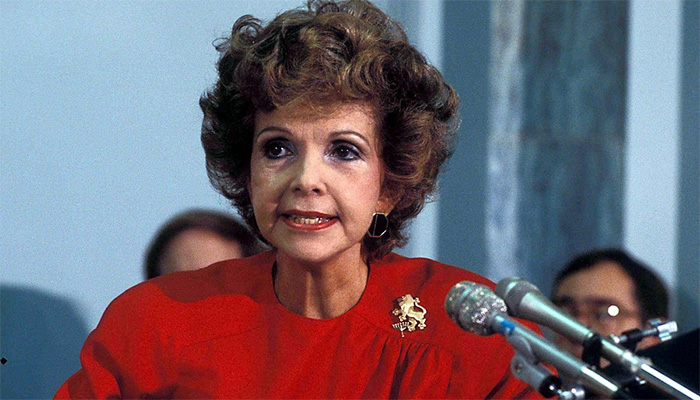
Paula Hawkins, the first woman to serve in the senate without a political family connection, served one term through the mid 80s.
Hawkins first made a name for herself fighting for consumer rights in statewide office. But the cause that took her attention in Washington was the rights of Children. She helped push through a law improving record keeping on missing children. She is perhaps best remembered for a speech in 1984. She was at the conference on the sexual victimization of children.
As she spoke about changes that could be made to help protect victims, she shocked the audience by admitting that she, herself, had once been the victim of sexual assault. The stirring revelation made her an important public figure on the issue. She went on to write three books on the subject.
Eldridge Cleaver Fought for African Americans
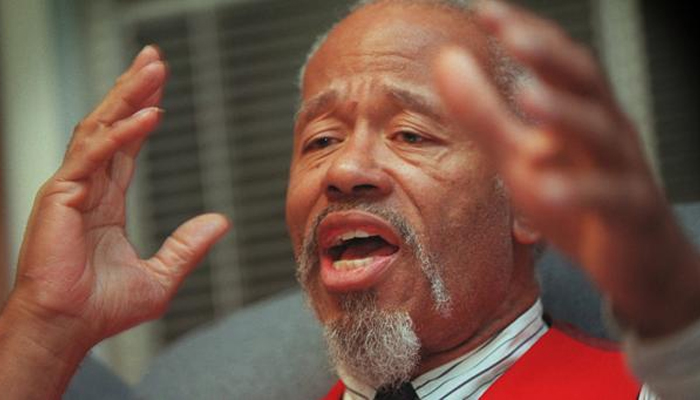
Eldridge Cleaver published the book Soul on Ice in 1968. He wrote the book while in prison, and it recounted his transformation from a criminal to a civil rights leader. His book would go on to become a fundamental work of the Black Power movement of the late 1960s, and 1970s.
Cleaver worked as the leader of the international arm of the Black Panther party, a party founded to keep police brutality of African Americans in check. He also edited of the party newspaper. He even ran for President of the United States in 1968, receiving more than 35,000 votes.
In 1983, Cleaver was baptized a member of The Church of Jesus Christ of Latter-day Saints. He was a member in good standing at the time of his death in 1998.
Howard W. Cannon Helped Pass the Civil Rights Act of 1964
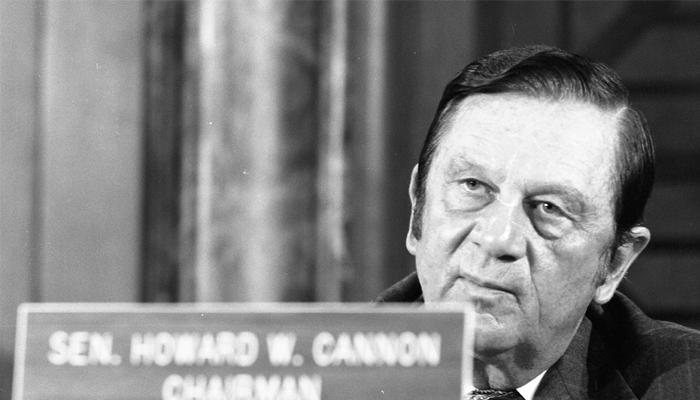
Howard W. Cannon served as the Senator from Nevada for twenty-four years through the 1960s and 70s. He played an important role in passing the Civil Rights Act of 1964, the first major civil rights legislation in the United States in 90 years. The bill would make it illegal to discriminate against someone on the basis of race or gender.
The bill faced major opposition in the senate, primarily from Southern Senators. Nevada Senators from both parties had a long history of aligning with Southern Senators, in exchange for Southern Senators supporting gambling in Nevada.
But President Lyndon B. Johnson personally reached out to Cannon, and because of his strong moral support for Civil Rights chose to vote to both end a filibuster on the bill, and later in support of the bill itself.
Elbert Duncan Thomas Helped Provide for Jewish Refugees
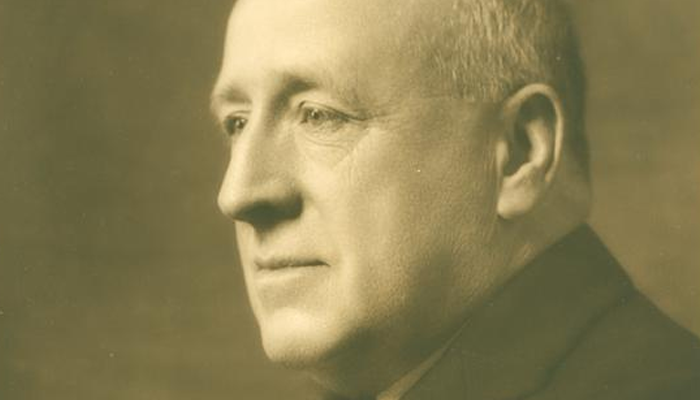
Elbert Thomas served as a senator from the state of Utah during World War II. Prior to the war, he worked to support the rights of Laborers working to pass the National Labor Relations act, allowing workers to unionize,and the Fair Labor act, which established the 40 hour work week, and the first minimum wage.
But during the war, Senator Thomas’ sympathies were turned to Holocaust victims. He worked to create and fund a US agency to rescue, transport, and relieve civilian victims of Nazis, and establish temporary havens for refugees. By the end of the war, the agency rescued as many as 200,000 Jewish victims.
Martha Hughes Cannon Supported Women’s Suffrage
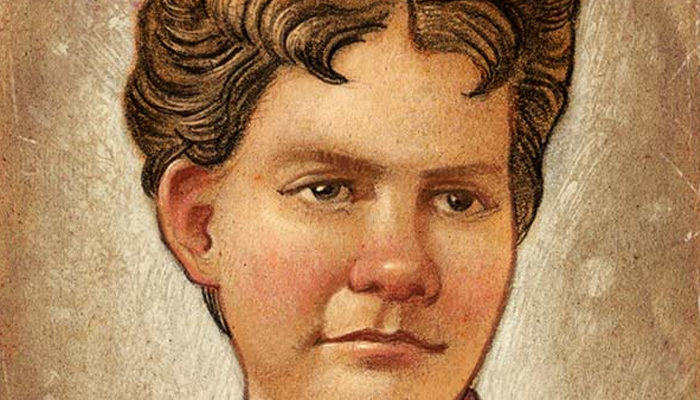
Martha Hughes Cannon was a trailblazer. She was the first woman elected to a state senate in the United States, beating her husband to take the seat!
She worked actively to support women’s suffrage. She spoke to the Columbian Exposition, the 1893 World Fair, and the United States Congress about reasons women should be granted the right to vote.
In addition to the right to vote, Cannon advocated giving women more opportunities for education and travel.
Harry Reid Pushed Through Women’s Equal Pay Rights
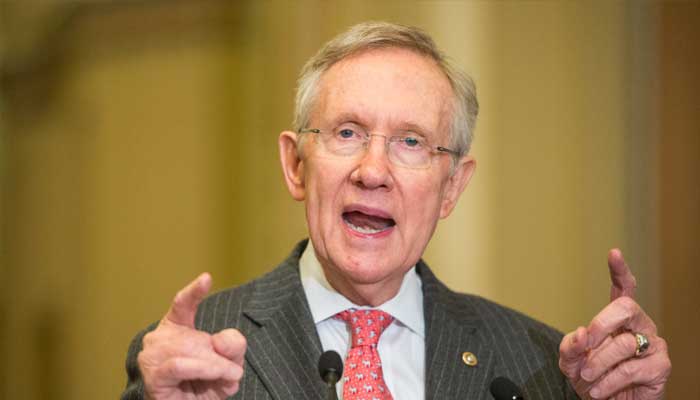
Harry Reid, the most powerful senator on this list. He has served as the Senator from Nevada since 1987, and worked as the Senate Majority Leader from 2007-2015.
While civil rights are not among Reid’s most prominent accomplishments, he played a crucial role in passing the Lilly Ledbetter Fair Pay Act, which strengthened the gender discrimination clauses of the 1964 Civil Rights Act that Howard Cannon helped pass. Reid was the Senate Majority Leader at the time and ushered the bill through the passage process.
Lilly Ledbetter has since praised Reid for his work passing the bill that carries her name.
George Romney Marched in Civil Rights Protests
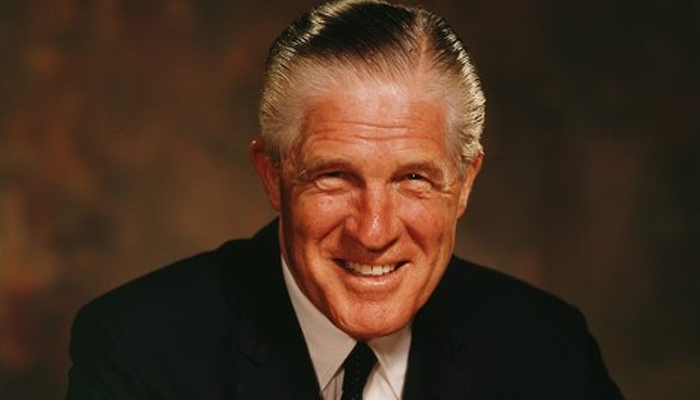
Even if you’re familiar with his son, Mitt, you may not have heard of George Romney the former governor of Michigan and one-time presidential hopeful. Romney served Michigan in a very crucial time in American history, 1963-1969, the heart of the Civil Rights movement.
In a time when much of our country was divided with regard to civil rights Romney took a stand. He famously declared in his 1964 State of the State address, “Michigan’s most urgent human rights problem is racial discrimination—in housing, public accommodations, education, administration of justice, and employment.” Romney frequently attended marches and protests in support of Civil Rights.
Larry J. Echo Hawk Helped Native Americans Become Self-Sufficient
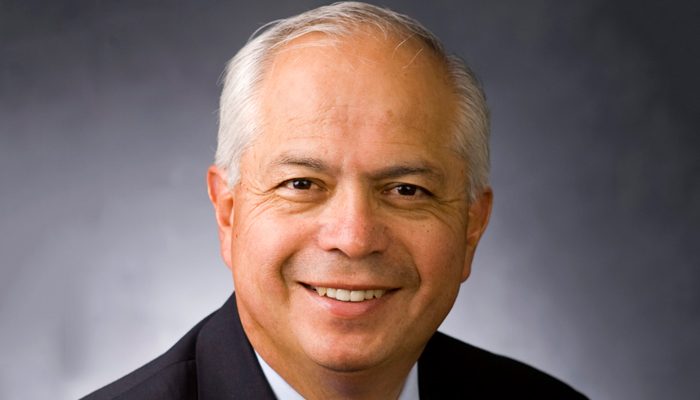
Larry Echo Hawk serves today as a member of the First Quorum of the Seventy. Before his call he served as Assistant Secretary for Indian Affairs under President Barack Obama. He’s served as an attorney to the Shashone-Bannock tribes of Idaho, and as a special prosecutor for the Navajo Nation.
During his time in the Obama administration, Echo Hawk helped add 158,000 acres to that controlled by Native Americans, helping them become self-sufficient and helping to connect separated reservations.
Julia Mavimbela Helped End Apartheid Peacefully
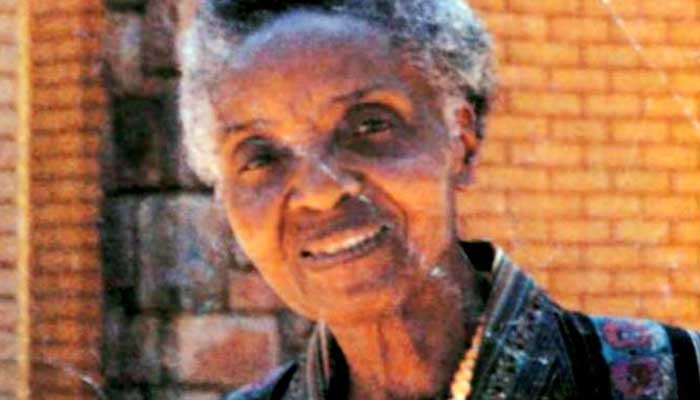
Julia Mavimbela played an important role in ending racial discrimination in South Africa. Mavimbela gained an education, and spent her life as an educator and principal. But during 1976 riots, she realized many youth were in danger, and provided activities for them to do instead of fighting.
The organization she began, Women for Peace, played an important role in ending apartheid while avoiding civil war. She often fights for her community with the local government, such as securing pension checks for those who were months behind, and bringing literacy to her community.
Joseph Smith Stood Up for Abolition and Religious Freedom
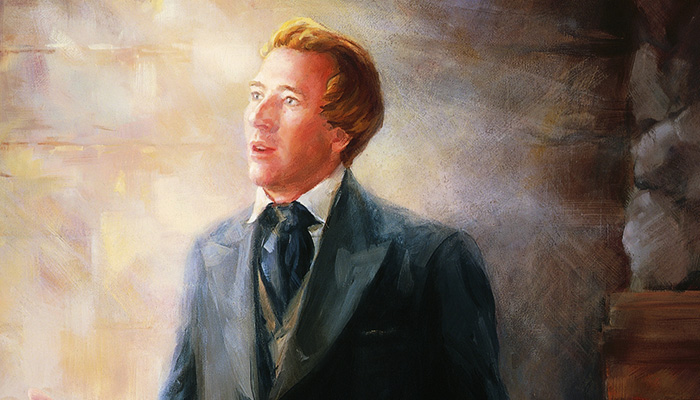
No list of Latter-day Saints who were influential in civil rights would be complete without Joseph Smith. Joseph Smith, of course, fought for the civil rights of Latter-day Saints. During a time of intense persecution, he appealed regularly for Saints to have their possessions and safety.
But Joseph also taught principles of religious freedom for everyone that lasted long beyond his own life. Of course, Joseph Smith was also unflinching in his support for abolition of slavery, especially after the Saints left Missouri, making it a major plank of his presidential campaign.


